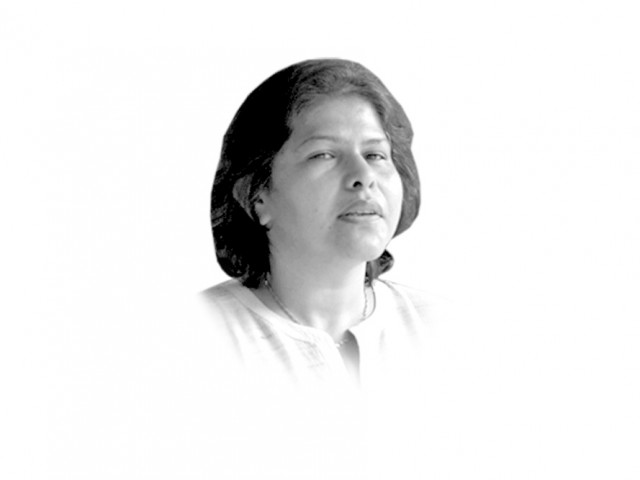What is Pakistan’s elite?
Elite is the name of a process directly linked with ability of a group to manipulate state, its power, resources.

The fact is that the term and concept, ‘elite’, is misrepresented and misunderstood in this country. Intriguingly, those who are part of the elite themselves carry out most of the anti-elite commentary. In fact, castigating the elite at popular forums is a way to gain legitimacy that could lead to acquisition of greater power. For instance, the MQM condemns its opponents as elite, while being a part of the power circle itself. Similarly, the PTI leadership, which comes from an elite background, sells a middle class narrative to gain access to greater power and control of government. Even the judges challenge the elite when they are historically part of the power establishment of the country.
Popularly, the term ‘elite’ invokes the image of the landed-feudal group, which was originally part of the ruling elite in 1947. However, over the years this began to change with the state’s civil and military bureaucracy getting integrated into the elite and also using state resources to create other elite groups such as business and industry.
From a definitional perspective, the elite comprises individuals or groups of people that have greater capacity to manipulate the distributive system of the state and thus comparatively gain greater personal advantages. Although the Pakistani state often pretends to distribute land and money to the dispossessed and the landless, the fact of the matter is that such acts are carried out to hide greater resources that are siphoned off by the elite. A glance at how the Capital Development Authority in Islamabad or any other land development authority distributes state land is a case in point. Over the years, prime property has been distributed to senior civil and military bureaucrats, politicians, and elite journalists. The case of how a three-star general chopped off prime property that was part of the cricket stadium in Karachi for further distribution amongst fellow generals is another such example.
So, it is necessary to properly contextualise the elite debate. First, there is no elite-less society. Every state and society has its elite. The elite appear very sinister in a heavily class-oriented society like Pakistan’s.
Second, ‘elite’ is not a static concept but is forever evolving. What constituted elite yesterday may not be the same today or even tomorrow. Historically and popularly, the elite referred to the landed-feudal group because this was the dominant group in an agrarian economy like Pakistan’s. Later, as mentioned earlier, other groups were formed. The evolutionary process also meant that newer elite groups emerged almost every decade due to state patronage that replaced the traditional elite and the older ones merged into the newer formations.
Third, the elite are not just a group, but also the name of a process that facilitates a constant cycle of change in a society. In case of a powerful, yet easily manipulated state like Pakistan, the process of elite formation is directly linked with the ability of a group to manipulate the state, its power and resources. This means that what may be the middle class or lower middle class of yesterday can be the elite of today. For instance, who could imagine a few decades ago that one day, people belonging to lower middle or middle class backgrounds, like Altaf Hussain, Qaim Ali Shah, Malik Riaz, Humayun Akhtar, Ijazul Haq, or Arsalan Iftikhar will be powerful millionaires and part of the elite? Not to forget the fact that today religious leaders like Maulana Fazlur Rehman or jihadi leaders such as Hafiz Saeed, Fazlur Rehman Khalil, Malik Ishaq and others are also part of the power elite.
Published in The Express Tribune, July 1st, 2012.












1724319076-0/Untitled-design-(5)1724319076-0-208x130.webp)


COMMENTS
Comments are moderated and generally will be posted if they are on-topic and not abusive.
For more information, please see our Comments FAQ